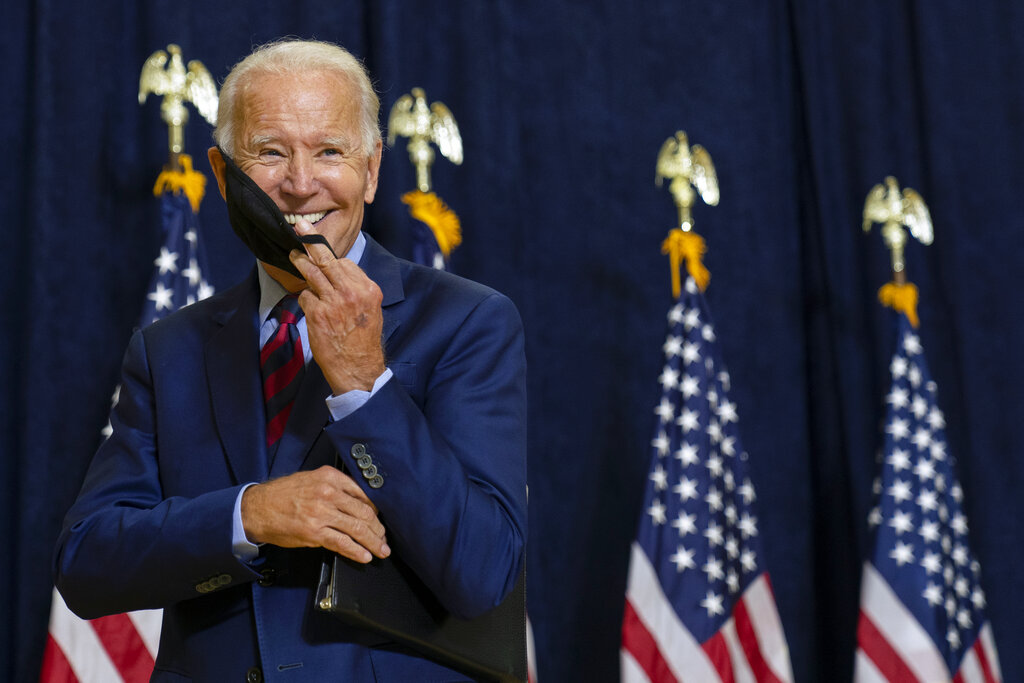WASHINGTON (AP) — In a move to send the country back toward pre-pandemic life, the Centers for Disease Control and Prevention on Thursday eased indoor mask-wearing guidance for fully vaccinated people, allowing them to safely stop wearing masks inside in most places.
The new guidance still calls for wearing masks in crowded indoor settings like buses, planes, hospitals, prisons, and homeless shelters but will help clear the way for reopening workplaces, schools, and other venues — even removing the need for masks or social distancing for those who are fully vaccinated.
“We have all longed for this moment — when we can get back to some sense of normalcy,” said Dr. Rochelle Walensky, the director of the CDC.
The CDC will also no longer recommend that fully vaccinated people wear masks outdoors in crowds. The announcement comes as the CDC and the Biden administration have faced pressure to ease restrictions on fully vaccinated people — people who are two weeks past their last required COVID-19 vaccine dose — in part to highlight the benefits of getting the shot.
Walensky announced the new guidance on Thursday afternoon at a White House briefing, saying the long-awaited change is thanks to millions of people getting vaccinated — and based on the latest science about how well those shots are working.
“Anyone who is fully vaccinated can participate in indoor and outdoor activities – large or small — without wearing a mask or physically distancing,” Walensky said. “If you are fully vaccinated, you can start doing the things that you had stopped doing because of the pandemic.”
The easing guidance is likely to open the door to confusion since there is no surefire way for businesses or others to distinguish between those fully vaccinated and those who are not.
“Good point,” Biden responded. He added, “We’re going to be moving on that in the next little bit.”
Walensky said the evidence from the U.S. and Israel shows the vaccines are as strongly protective in real-world use as they were in earlier studies, and that so far they continue to work even though some worrying mutated versions of the virus are spreading.
The more people continue to get vaccinated, the faster infections will drop — and the harder it will be for the virus to mutate enough to escape vaccines, she stressed, urging everyone 12 and older who’s not yet vaccinated to sign up.
And while some people still get COVID-19 despite vaccination, Walensky said that’s rare and cited evidence that those infections tend to be milder, shorter and harder to spread to others. If someone who’s vaccinated does develop COVID-19 symptoms, they should immediately put their mask back on and get tested, she said.
There are some caveats. Walensky encouraged people who have weak immune systems, such as from organ transplants or cancer treatment, to talk with their doctors before shedding their masks. That’s because of continued uncertainty about whether the vaccines can rev up a weakened immune system as well as they do normal, healthy ones.


